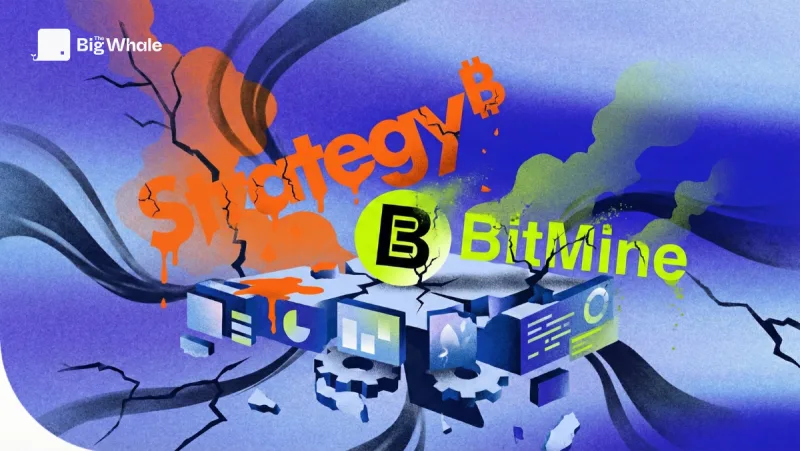Controversial US Law Grants President Extensive Powers to Control Digital Assets
- New law grants US president power to block digital assets, drawing concern.
- Scott Johnsson criticizes law's broad scope, potential impact on users.
- Senator Warner inserts elements enabling president's control over digital assets.
- Law defines digital assets broadly, includes communication protocols and smart contracts.
- President can block transactions with foreign entities supporting terrorism.
- Law may push users to join KYC-compliant and regulated blockchains, limit freedom.
Summary :
A new law in the United States gives the president extensive powers to block access to digital assets, causing concern among commentators. Scott Johnsson, a prominent figure in the digital assets field, criticized the law for its wide-ranging scope, suggesting it could be used to ban certain protocols and smart contracts. The law defines digital assets broadly, encompassing any digital representation of value recorded on secure distributed ledgers. Under the law, the president can block transactions between US individuals and foreign entities that support terrorist organizations. This could potentially lead to users being compelled to join regulated blockchains, limiting their options. Critics argue that this move could be an attempt to exert control over digital assets under the pretext of combating terrorism. The legislative elements enabling this presidential power were allegedly inserted by Senator Mark Warner.
Sources :
- CoinTelegraph



